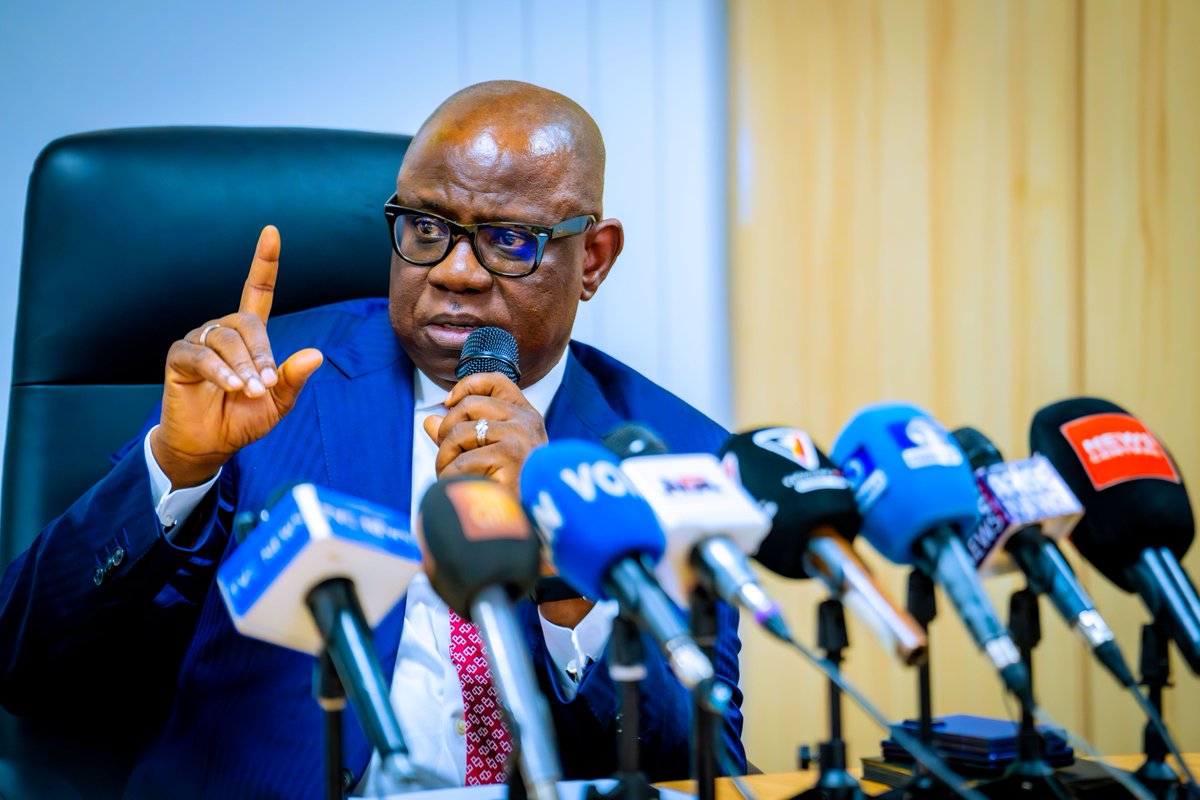Lagos, Nigeria – FCMB Group Plc has clarified that its recent decision to raise the ceiling of its capital-raising authority from ₦340 billion to ₦400 billion is a regulatory compliance measure and does not signify a new fundraising initiative.
The clarification follows an addendum issued by the company on November 21, 2025, which amended Resolution 1 of its Extraordinary General Meeting (EGM) notice originally published on November 15. The EGM notice had earlier drawn attention after being reported by Nairametrics.
In the addendum, Mrs. Olufunmilayo Adedibu, Company Secretary of FCMB Group, emphasized: “Please note that this resolution supersedes Resolution 1 in the earlier published notice of extraordinary general meeting.” She explained that the adjustment in the capital-raise ceiling was prompted by revised regulatory expectations communicated by the Central Bank of Nigeria (CBN).
Under the amended resolution, the company’s Board of Directors is now authorized to raise capital up to ₦400 billion, or its equivalent in any other currency. The resolution allows the Board to utilize a range of instruments, including shares, notes, bonds, or other approved capital instruments, both locally and internationally, as deemed appropriate and in line with regulatory approvals.
FCMB Group stressed that the adjustment is purely a pre-emptive regulatory alignment and should not be interpreted as an imminent issuance of securities or a capital-raising exercise. The company reaffirmed its commitment to maintaining compliance with CBN directives while ensuring financial flexibility for strategic growth.
📷 FCMB Group Plc Corporate Communications








 buja, Nigeria – NNPC Limited has reported a profit after tax of ₦5.4 trillion for the 2024 financial year, alongside a revenue increase to ₦45.1 trillion, reflecting robust operational performance and growth across its core business segments.
buja, Nigeria – NNPC Limited has reported a profit after tax of ₦5.4 trillion for the 2024 financial year, alongside a revenue increase to ₦45.1 trillion, reflecting robust operational performance and growth across its core business segments.





